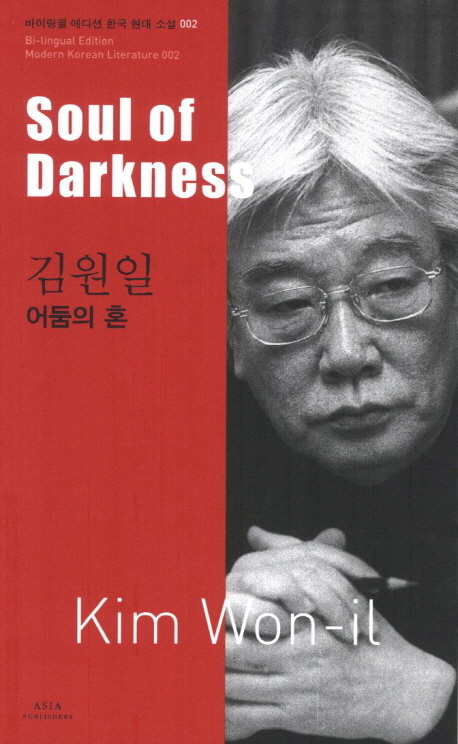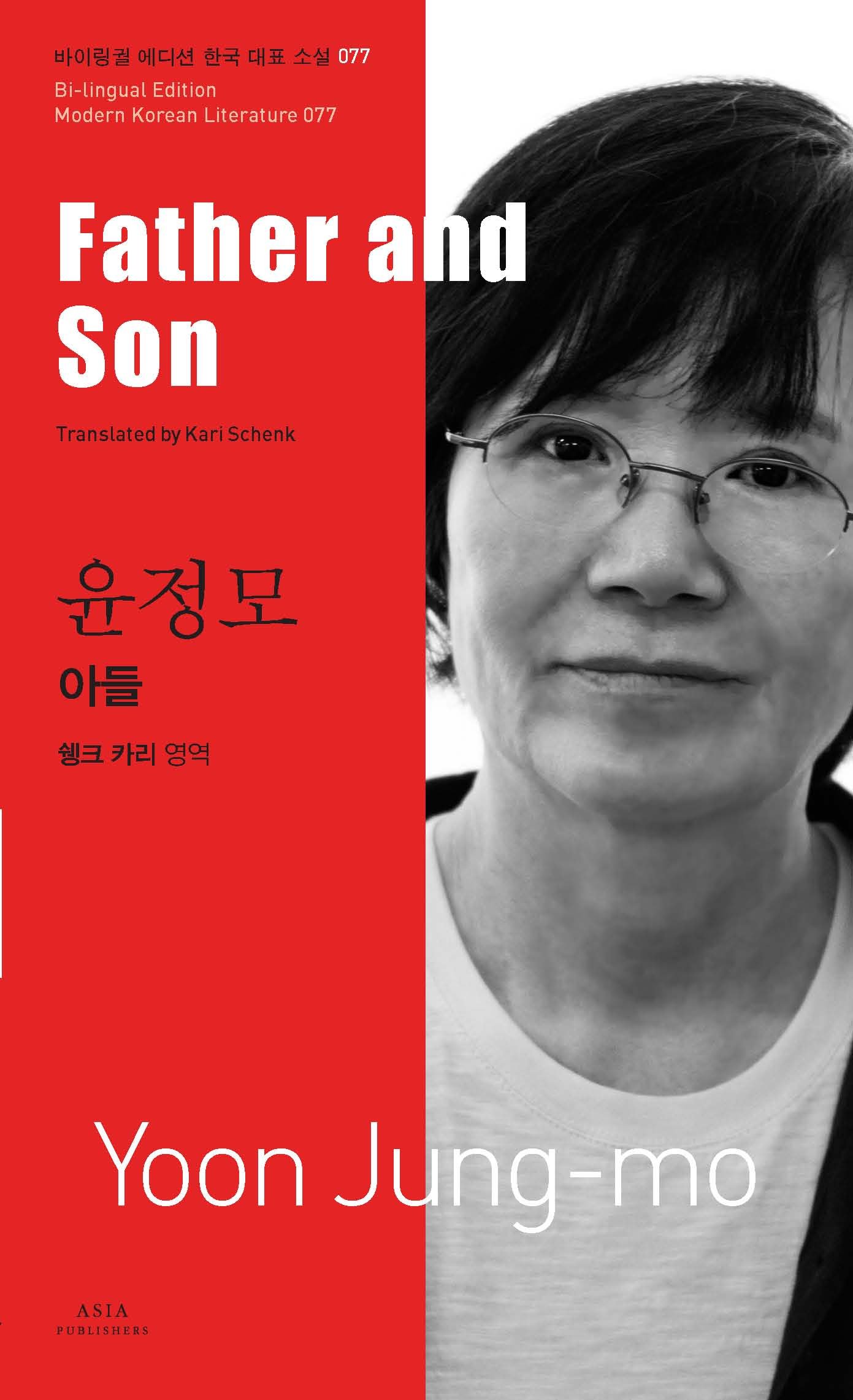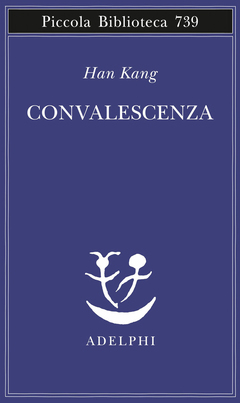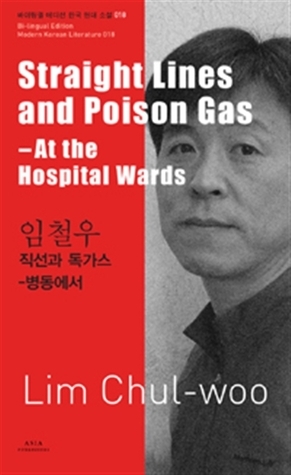
Part of Series
Bi-lingual Edition Modern Korean Literature (set 2). "Straight Lines and Poison Gas" by Lim Chul-woo. ASIA Publishers present some of the very best modern Korean literature to readers worldwide through its new Korean literature series . We are proud and happy to offer it in the most authoritative translation by renowned translators of Korea literature. We hope that this series helps to build solid bridges between citizens of the world and Koreans through rich in-depth understanding of Korea. I stood up with him. I reeled from the feeling of futility, with my legs shaky and my entire body sluggish. As I was walking out of that empty, white, square-shaped room, the man turned around, gave my shoulder a friendly grab, and looked straight into my eyes. "By the way, Sir, you might want to think a bit more as you draw from now on. Hahah. Please don't get the wrong idea or anything... Oh, is Heo Seong-su your father's brother?" His eyes, now focused menacingly at my face, were thin and small like fishhooks, their irises barely showing. Yet I couldn't look away, caught on the sharp points of the fishhooks. Hearing my uncle's full name sprung from the lips of that man was such an unexpected shock that I could hardly breathe for a while.
Author
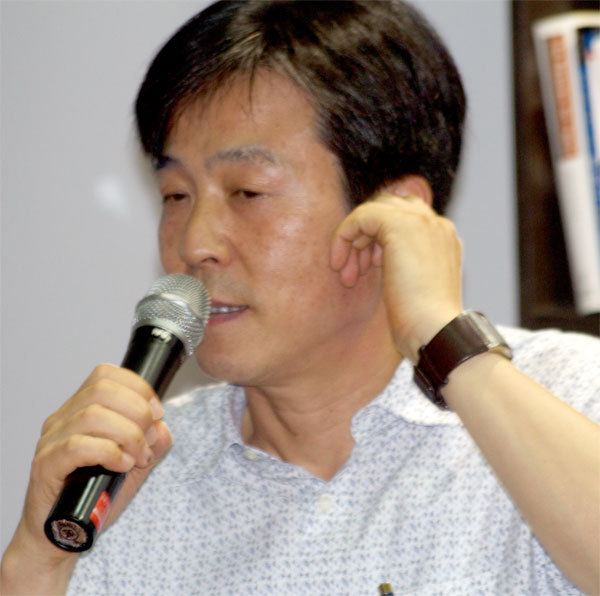
Lim Chul-Woo (Hangul: 임철우) is a South Korean writer born in 1954, known for his subversive works. Im Chul-woo was born October 15, 1954, on Wando Island in Jeollanam-do. He moved to Gwangju at age 10 and attended Sung-il High School there. He graduated from Jeonnam University with a degree in English Literature and completed graduate programs in English Literature at both Sogang University and Jeonnam University. Presently, he teaches Creative Writing at Hanshin University. Im was in Gwangju during the Gwangju Uprising and this critically influenced his outlook. His work has centered around dramatizations of that event and works which more generally focus on issues of Korean separation. His debut was The Dog Thief in 1981[.] In 1985 he was awarded the 17th Korean Creative Writing Prize for The Land of My Father (Abeoji ui ttang) and in 1988 was awarded the 12th Yi Sang Literature Prize for The Red Room (Bulgeun bang), which has since been published in an anthology of the same name. In 1994 Im’s novel, I Want to Go to the Island was made into a Korean movie, To the Starry Island. (from Wikipedia)
